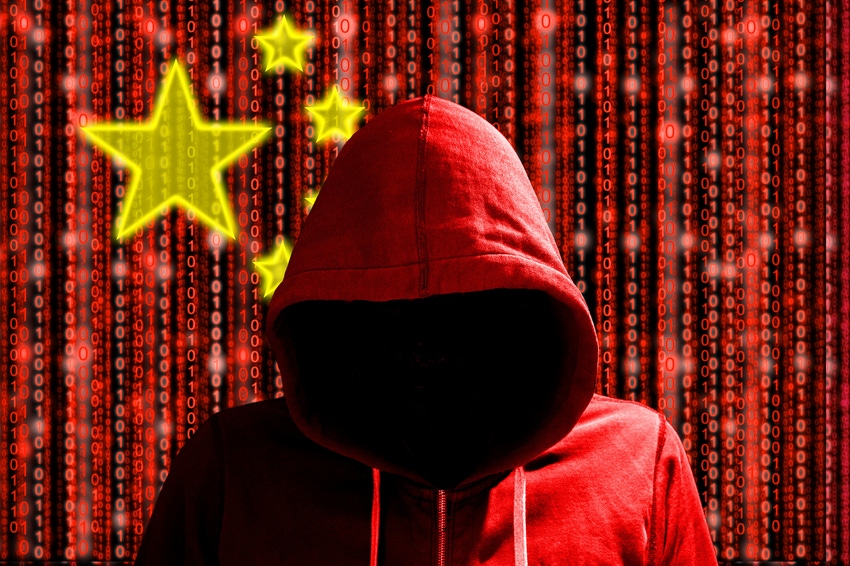Huawei’s plans to sell its devices through a domestic operator have fallen through as the giant seemingly struggles to disband the impression it is a puppet for Chinese government spooks.
January 9, 2018

Huawei’s reported plans to sell its devices through a major US domestic operator have fallen through as the giant struggles to shake concerns over links with Chinese government spooks.
This could be viewed as nothing short of a massive blow for Huawei, whose devices have been gathering steam worldwide over the last couple of months. We spoke to a Huawei spokesperson who highlighted the team has never officially confirmed it was in discussion with AT&T, as being widely reported, and therefore does not want to fuel any rumours, but moving forward the plan will be to focus on open sales channels. Having said that Light Reading has managed to get confirmation that those discussions did happen.
A distribution partnership with a major US telco could have viewed as a landmark moment for Huawei. It would have been an excellent entry point into the lucrative US market, where penetration has been limited to date. The reasons behind any partnership falling apart are officially unknown for the moment, though there is a history of paranoia from the US government concerning Huawei and Chinese espionage. It would seem US officials still don’t fully trust Huawei, as you can see from the Tweet below from The Information’s Juro Osawa.
Huawei was reportedly readying itself to announce the partnership during its keynote session at CES, having already plastered Las Vegas with promotions for the Mate 10 Pro smartphone, but no more.
“The US market presents unique challenges for Huawei, and while the Huawei Mate 10 Pro will not be sold by US carriers, we remain committed to this market now and in the future,” said a Huawei spokesperson.
Huawei has fallen foul of the US government for over the years amid concerns it could be used as a means for Chinese officials to snoop. Telcos and government bodies have been under restrictions on how they are able to interact with Huawei, but such a deal could have acted as a stepping stone for wider ambitions in the market.
Considering the size of the US, alongside it’s highly digitally-enabled and wealthy population, it is a market which the Huawei carrier business will crave, especially considering the money which will have to be spent on infrastructure over the next couple of years to support connectivity ambitions. Selling smartphones into the US could have helped Huawei prove it is not a front for government agencies, opening the door to new opportunities.
Back in 2012, the US made its stance official in a report from the US House of Representatives’ Intelligence Committee which stated:
“Based on available classified and unclassified information, Huawei and ZTE cannot be trusted to be free of foreign state influence and thus pose a security threat to the United States and to our systems.”
Huawei said the report “failed to provide clear information or evidence” at the time, and it would appear these prejudices are still holding strong in the US government. Should sources at The Information be genuine, the same rationale is being used today:
“Additional work by the Intelligence Committees on this topic only reinforces concerns regarding Huawei and Chinese espionage,” said a report written on December 20 2017 by members of the House and Senate intelligence committees. According to these sources, AT&T was very much a potential distributor in the US, and the US government very much the destroyer of this opportunity for Huawei.
As mentioned before, this is a potentially severe blow for Huawei’s US smartphone ambitions. Huawei has been gathering momentum worldwide with its devices, though the US has been a tricky nut to crack. The team will continue to sell devices through open channels online, but a partnership with any major US telco would have provided an excellent direct line to the consumer, as well as a brand endorsement.
About the Author(s)
You May Also Like








.png?width=300&auto=webp&quality=80&disable=upscale)


_1.jpg?width=300&auto=webp&quality=80&disable=upscale)


.png?width=800&auto=webp&quality=80&disable=upscale)